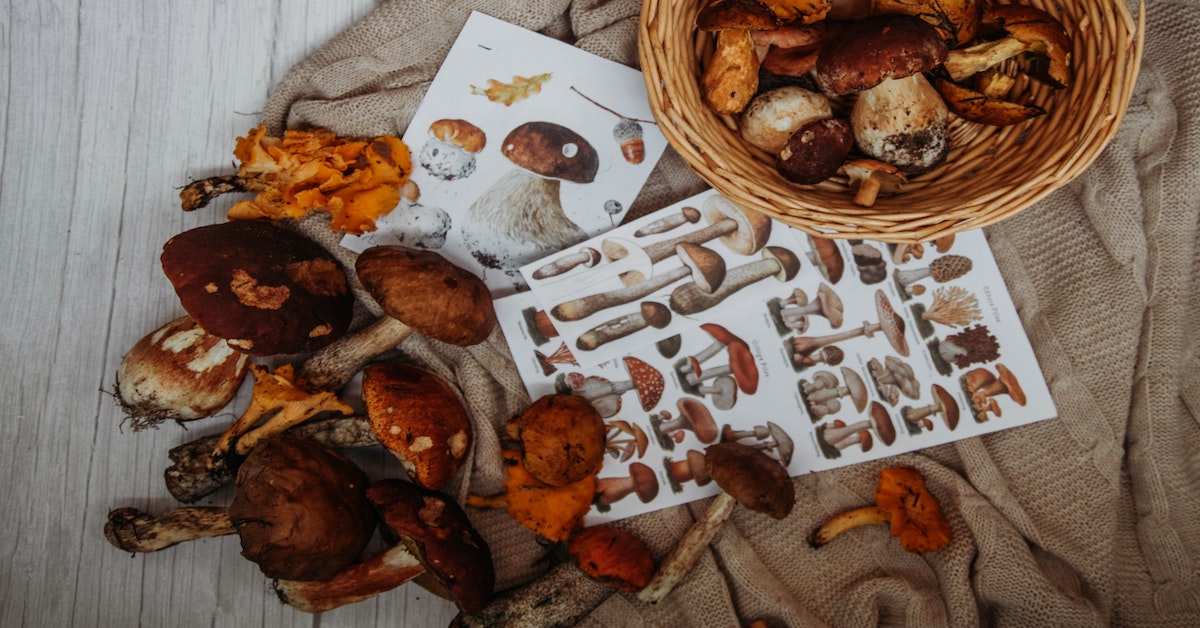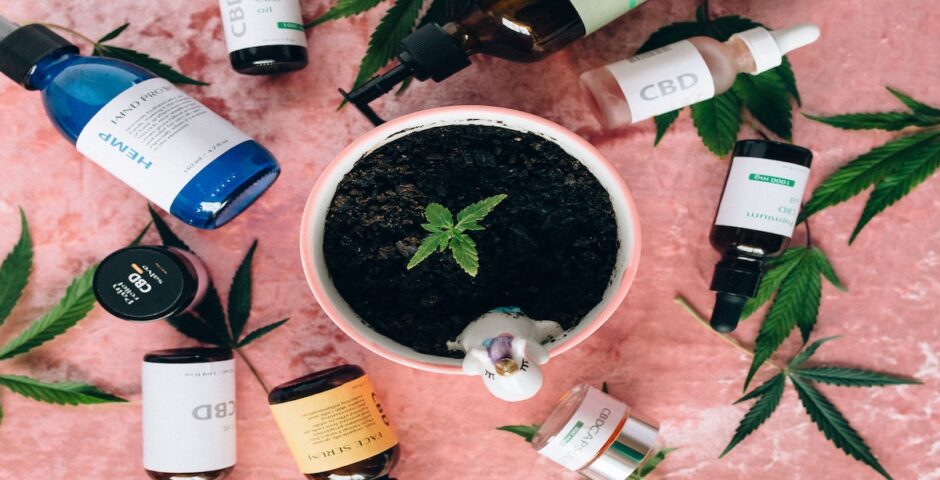
Facts About CBD: 13 Mind-Blowing Things You Need To Know
CBD is one of the most talked-about topics in the health and wellness industry. It has gained popularity as a natural remedy for various ailments, but there is much more to it than just that. In this blog post, we will uncover the untold truth by uncovering 13 mind-blowing facts about CBD. From its legal status to its therapeutic potential, you’ll learn something new about CBD that you didn’t know before. So, let’s dive in and explore the fascinating world of CBD and the untold truth behind the facts about CBD.
1. What exactly is CBD?
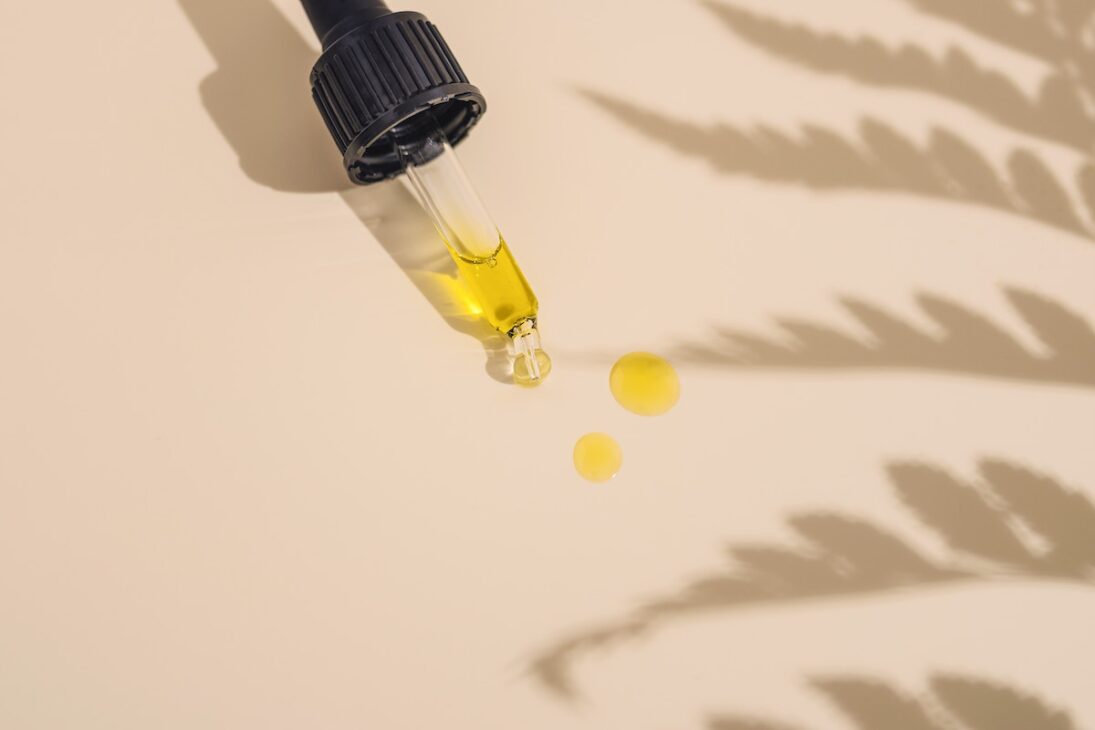
CBD, short for cannabidiol, is a compound derived from the cannabis plant. It is one of over 100 cannabinoids found in cannabis. CBD has gained attention for its potential therapeutic benefits, including its ability to reduce anxiety, relieve pain, and promote overall well-being. It interacts with the body’s endocannabinoid system, which regulates various bodily functions such as sleep, mood, and immune response.
Additionally, CBD can be consumed in various forms, including oils, edibles, and topical creams. Due to its growing popularity, a wide range of CBD products exist on the market.
2. How is CBD different than THC?
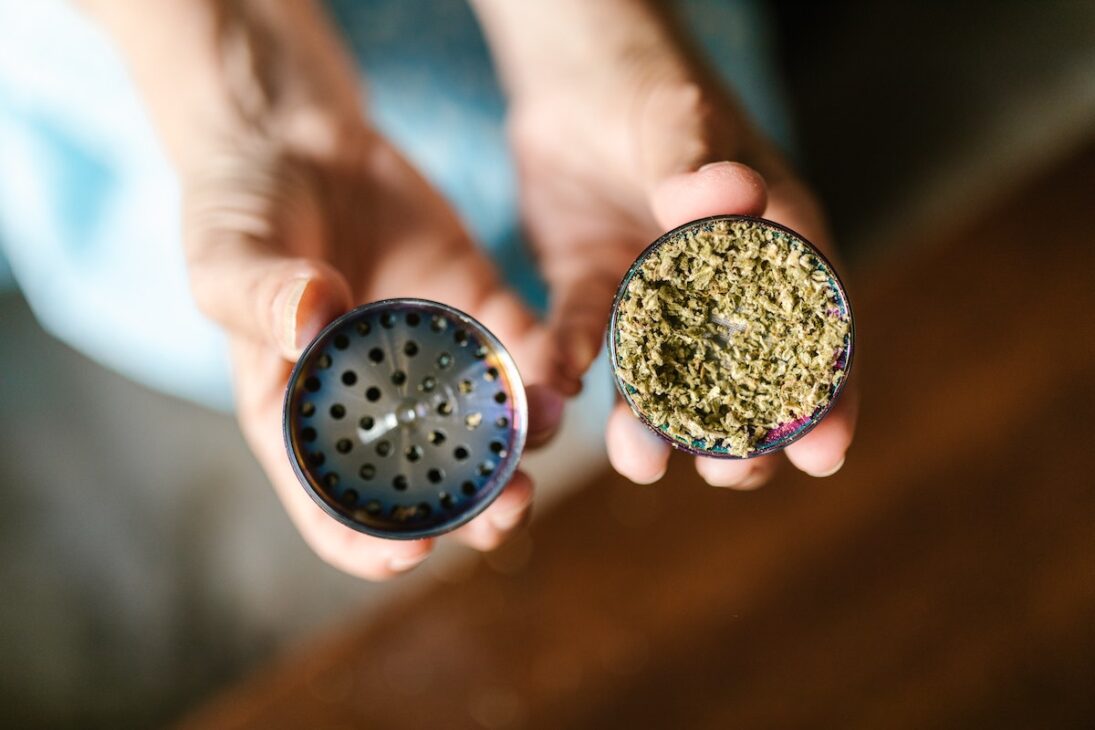
One of the most important facts about CBD is realizing its differences from THC.
While CBD and THC come from the same plant, they have some distinct differences. CBD is non-psychoactive, meaning it won’t get you high, while THC is the compound responsible for the intoxicating effects of marijuana.
CBD is known for its therapeutic benefits, such as reducing anxiety and promoting relaxation, while THC is commonly used for its euphoric effects. Understanding the differences between these two compounds is key to unlocking the full potential of CBD and its health benefits.
3. What is CBD’s legal status?
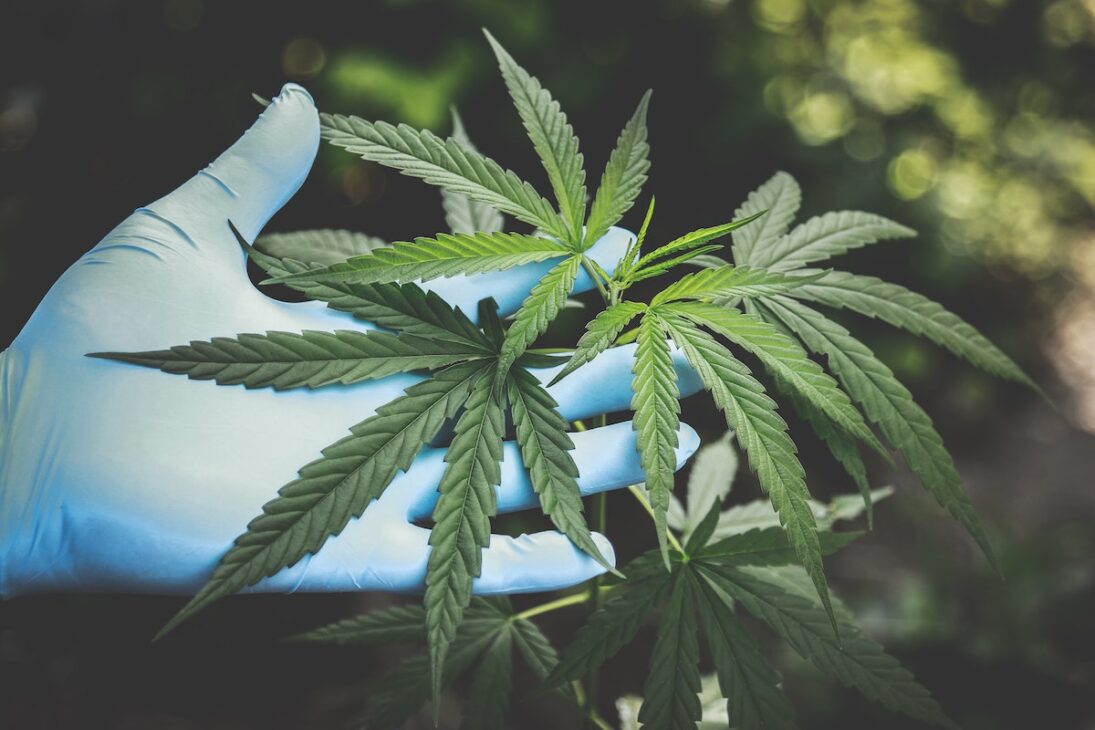
First things first, CBD’s legal status is a complex and ever-evolving topic. While CBD is derived from the cannabis plant, its legality depends on various factors such as its source and THC content. In the United States, CBD derived from hemp with less than 0.3% THC is legal at the federal level. However, each state has its own regulations, so it’s essential to research the laws in your specific location.
Internationally, the legal status of CBD varies from country to country. It’s crucial to stay informed and understand the legal landscape surrounding CBD to ensure compliance and peace of mind (especially if you’re using CBD when traveling).
4. How does CBD work in the body?
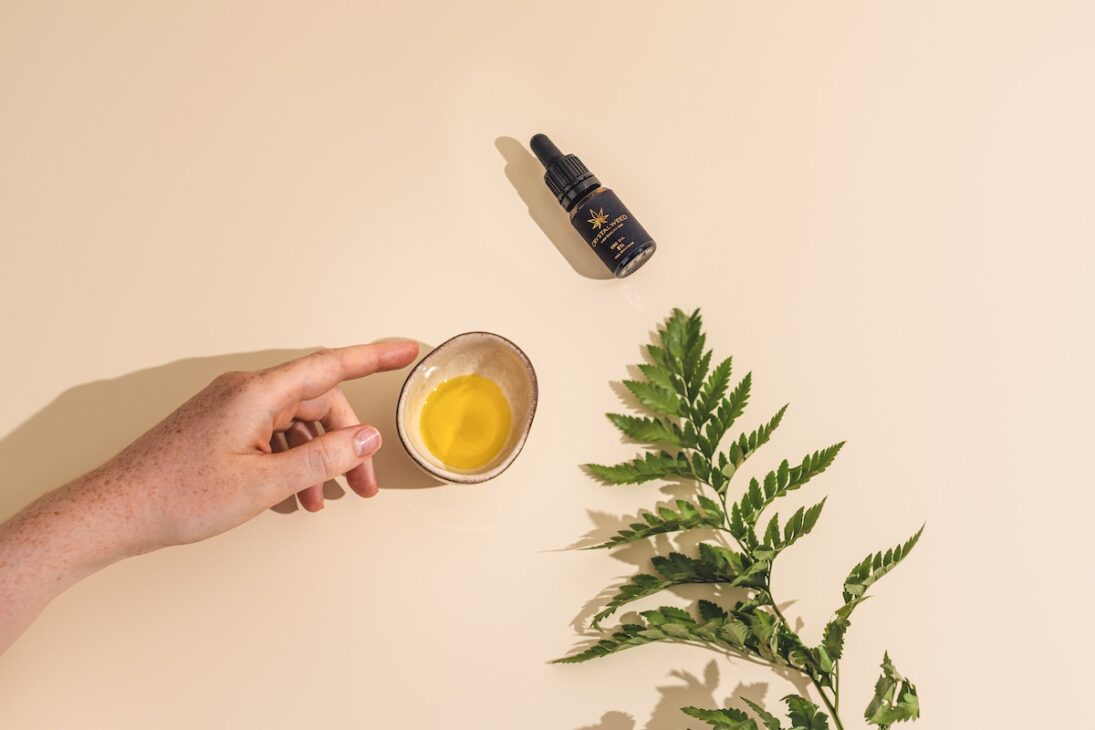
CBD interacts with the body’s endocannabinoid system, a complex network of receptors and neurotransmitters. It stimulates the CB1 and CB2 receptors, which are found throughout the body, including the brain and immune system. By interacting with these receptors, CBD helps to regulate various bodily functions, such as sleep, mood, pain, and inflammation.
Additionally, it also increases the production of natural cannabinoids in the body. This promotes overall balance and well-being. While the precise mechanisms of CBD’s actions are still being studied, its ability to modulate the endocannabinoid system offers promising therapeutic potential.
5. CBD comes in a variety of different products
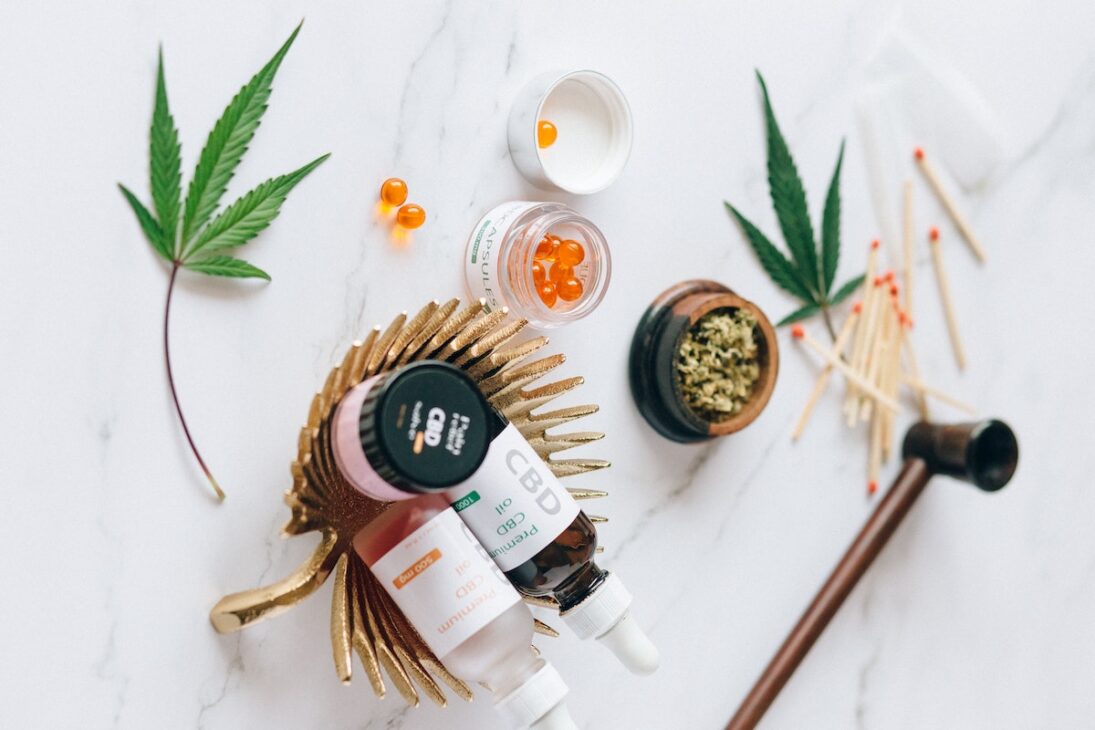
CBD is available in a variety of forms to suit different preferences and needs. From CBD oils and tinctures to edibles, topicals, and even CBD-infused beverages, there are countless options to explore. Each product type offers a unique way to incorporate CBD into your wellness routine.
Whether you prefer to ingest it orally, apply it topically, or even drink it, there’s a CBD product out there for you. So, experiment with different types of CBD products to find the one that works best for you and your desired results.
6. What’s the best CBD dosage guideline?
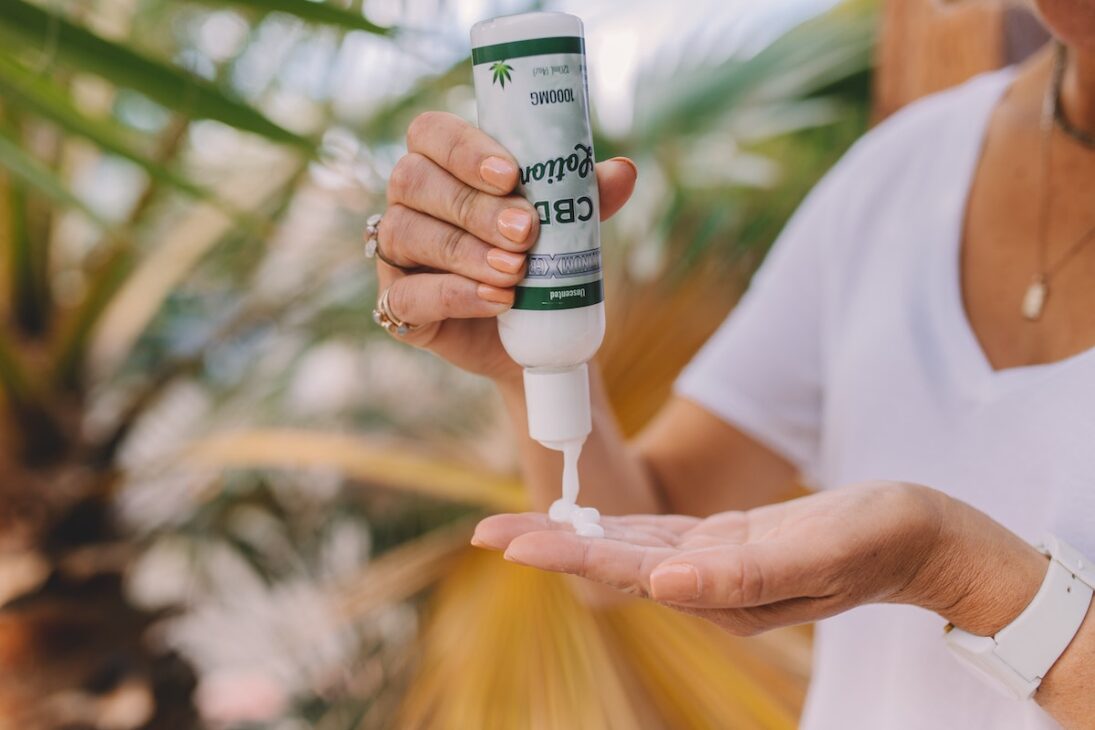
Determining the right CBD dosage can be a personal journey, as it depends on various factors such as your body weight, metabolism, and desired effects. One of the most important facts about CBD is that it’s always best to start with a low dosage and gradually increase it until you achieve the desired results.
To help you go far in your CBD journey, consulting with a healthcare professional or following the dosage recommendations provided by the manufacturer is crucial.
Remember, finding the right dosage may take some trial and error, but it’s worth it to experience the full potential of CBD.
7. What potential health benefits stem from CBD?
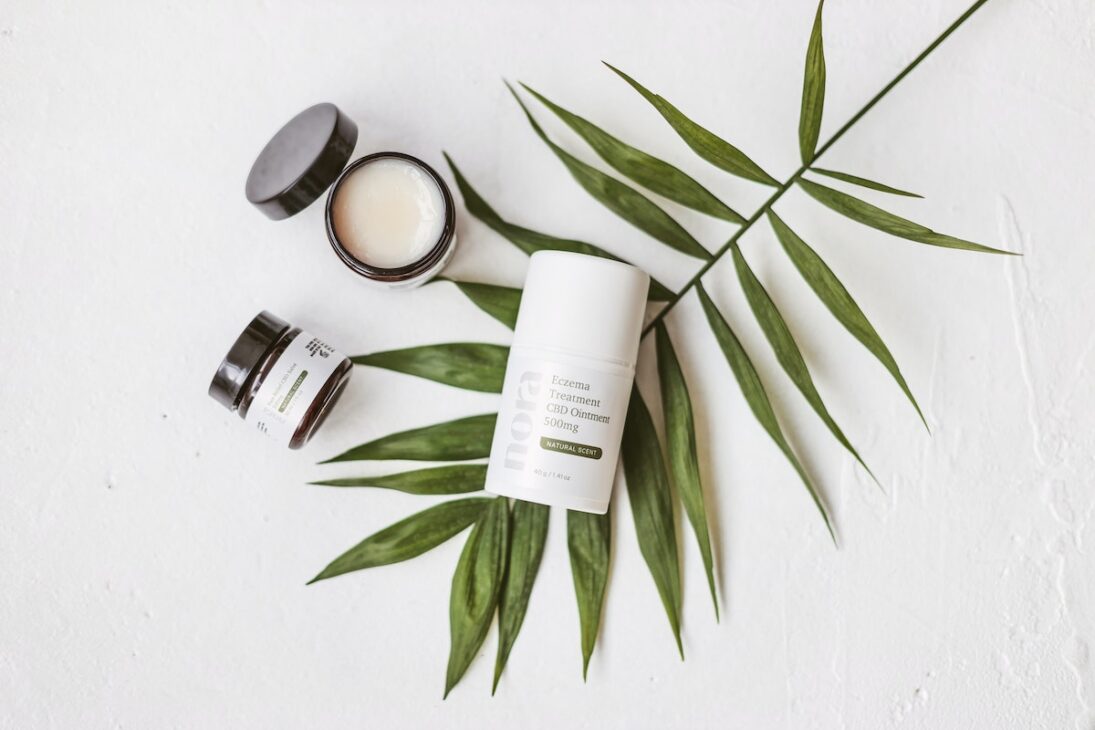
CBD has shown promising potential in providing various health benefits. Studies suggest that it may help reduce anxiety, alleviate chronic pain, improve sleep quality, and even have anti-inflammatory properties.
Additionally, CBD has been explored for its potential role in treating epilepsy, acne, and neurodegenerative diseases. While more research is needed to fully understand the extent of CBD’s therapeutic effects, the existing evidence is encouraging.
Women undergoing perimenopause or menopause itself can benefit from using CBD to curb their unwanted symptoms like hot flashes and insomnia. See what else CBD can do for menopause.
8. CBD can help with anxiety
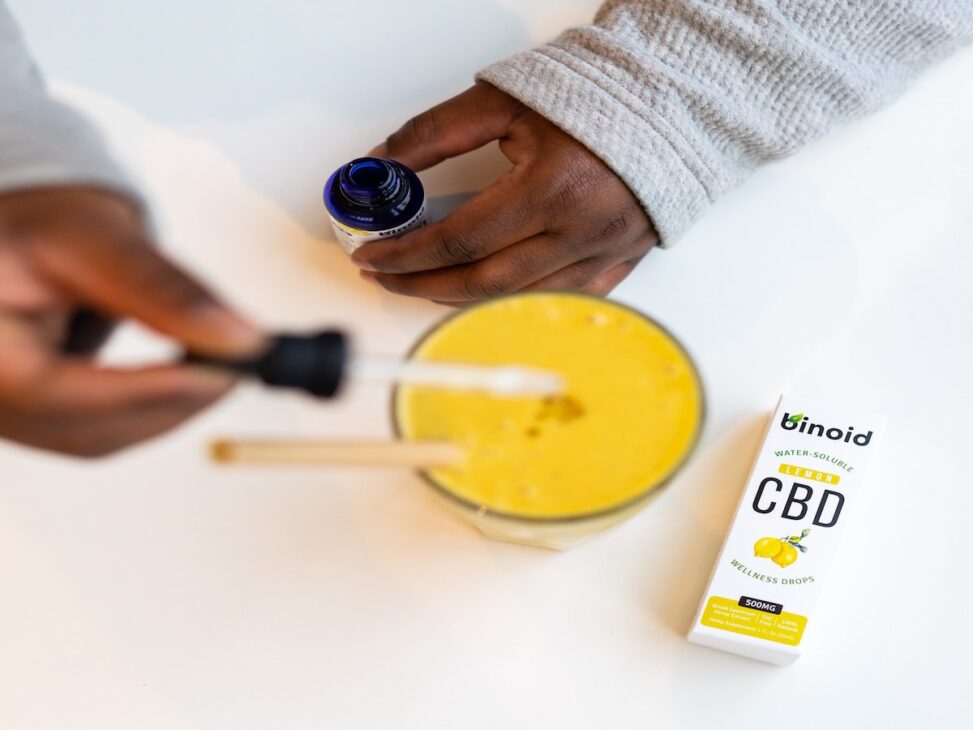
CBD has shown promising potential in reducing anxiety. It interacts with receptors in the brain that regulate mood and stress responses, leading to a calming effect.
While more research is needed to fully understand the mechanisms behind CBD’s anti-anxiety effects, its popularity as a natural remedy for anxiety continues to grow. Consider trying CBD if you’re looking for a natural alternative to manage anxiety.
The Winged Happiness soft gels are one of the best CBD products for anxiety. Pick up a bottle here.
9. CBD offers pain relief

CBD has shown promise in providing relief from chronic pain. It interacts with receptors in the body that regulate pain perception and inflammation, potentially reducing discomfort. Many people have reported finding relief from conditions such as arthritis, migraines, and muscle soreness by incorporating CBD into their wellness routines.
While more research is needed to fully understand CBD’s effects on pain relief specifically, its growing popularity as plant medicine is worth exploring for those seeking relief from chronic pain.
Additionally, women experiencing perimenopause or menopause reap many benefits from using CBD for relief of symptoms and any accompanying pain. Learn more about using CBD for menopause here.
10. CBD can help with your skincare
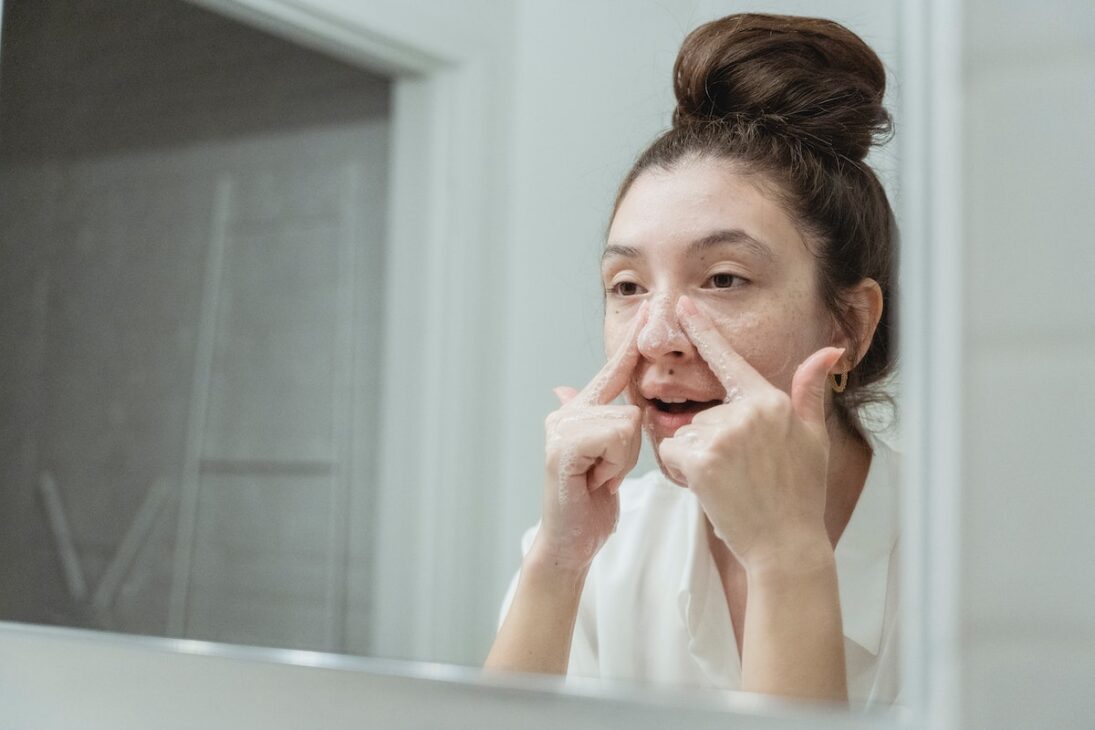
Overall, CBD has gained popularity in the skincare industry for its potential benefits. It has been touted for its anti-inflammatory properties and its ability to reduce acne and improve skin health. CBD-infused skincare products, such as creams and serums, have been praised for their moisturizing and soothing effects.
Many people have incorporated CBD into their skincare routines and have noticed positive changes in their skin. If you’re looking to explore natural alternatives for your skincare needs, consider CBD.
11. CBD works for pets, too

CBD is not just for humans; it can also be beneficial for our furry friends. Many pet owners have turned to CBD to help their pets with anxiety, joint pain, and other ailments. CBD interacts with the endocannabinoid system in animals, just like it does in humans, providing potential relief and promoting overall wellness. Check out some of the best CBD products for pets here.
However, it’s essential to consult with a veterinarian before giving your pet CBD, as dosages and formulations may vary depending on the animal’s size, breed, and specific needs.
12. CBD comes with potential side effects
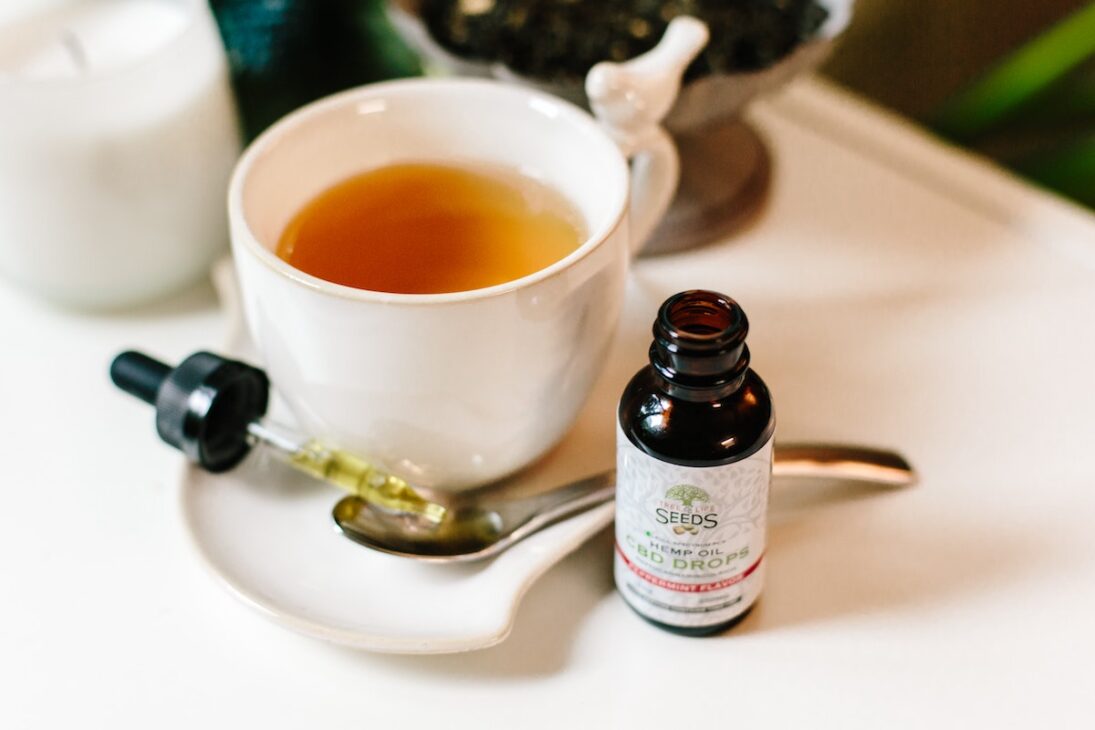
While CBD is generally considered safe, it can have potential side effects. These may include fatigue, dry mouth, changes in appetite, and diarrhea. It’s important to note that these side effects are typically mild and temporary.
However, everyone’s body is unique, and individual reactions may vary. It’s always a good idea to start with a low dosage and monitor how your body responds. If you experience any severe or concerning side effects, it’s best to consult with a healthcare professional.
13. The future of CBD research is bright
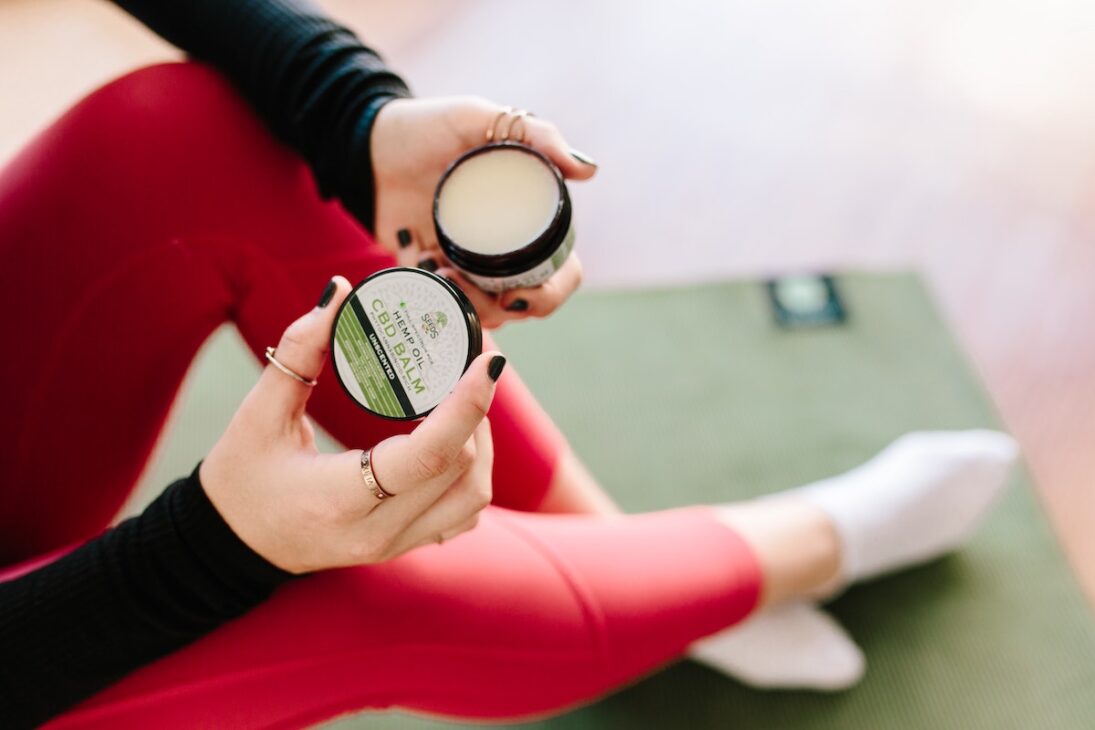
As research on CBD continues to expand, so does our understanding of its potential. Scientists are studying CBD for its potential in treating a wide range of conditions, from epilepsy to neurodegenerative diseases.
The future possibilities for CBD are vast, and it holds the potential to revolutionize the way we approach healthcare. With ongoing studies and advancements in the field, we can expect to uncover even more remarkable applications and benefits of CBD in the years to come.
CBD is here to stay
As the journey of CBD discovery continues, more facts about CBD will become known. One thing is absolutely certain, CBD remains a captivating topic for researchers and enthusiasts alike. If you haven’t tried CBD yet, what are you waiting for? The CBD world is your oyster!


